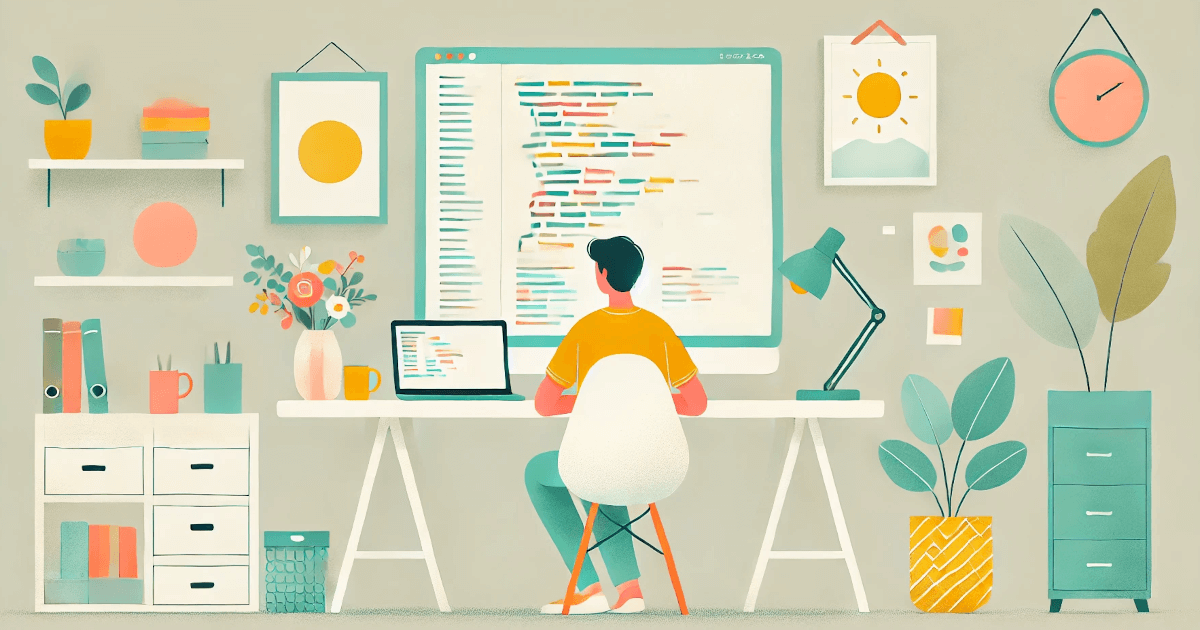
Interested in programming but wondering if it’s the right career for you? Software development requires logical thinking, problem-solving skills, and a willingness to keep learning. Do you have what it takes to be a successful developer? Take this quiz to find out.
A programmer is a professional who creates software that runs on computers. They write code based on specific rules called programming languages to develop applications and systems. Their role is primarily to solve technical problems, but it also requires creativity and logical thinking. Since IT is utilized across almost every field today, programmers' work spans a wide range of areas, requiring broad and specialized skills.
Programmers need strong planning skills to work efficiently and great attention to detail to ensure accuracy. Additionally, those with a passion for exploring new technologies and staying updated on the latest information tend to thrive in the long term. On the other hand, teamwork and communication skills are equally essential for collaborating with others and understanding user needs. Balancing these skills is key to determining whether someone is well-suited to becoming a programmer.
The work of a programmer varies greatly depending on their specialization and role. In today’s IT industry, the demand for programmers spans across a wide range of fields. For example, web developers design and build websites and applications for businesses and individuals. Meanwhile, programmers specializing in data analysis and AI focus on processing large datasets and building machine learning algorithms to support business decision-making.
Game programmers, on the other hand, work in the entertainment industry, where they develop technologies to create 3D graphics and real-time actions. Additionally, there are programmers who focus on testing system vulnerabilities in the security field or those specializing in mobile app development. The scope of roles is vast, offering many opportunities for individuals with different skill sets and interests.
The first step to becoming a programmer is learning the basics of programming languages. It’s best to start with beginner-friendly and versatile languages like Python or JavaScript. Mastering these languages allows you to understand the fundamentals of web development, data analysis, and AI, equipping you with skills that are directly applicable to the job market.
Learning the basics of algorithms and data structures is also crucial, as they form the foundation for writing efficient code. Additionally, working on small projects while learning is one of the fastest ways to build your skills. Creating tangible results that can be included in a portfolio will also give you an advantage during job applications.
Keeping up with industry trends is equally important. Taking online courses, attending conferences, and participating in technical communities are excellent ways to stay updated on new technologies and approaches. Maintaining a proactive attitude toward acquiring the latest skills is essential for success as a programmer.